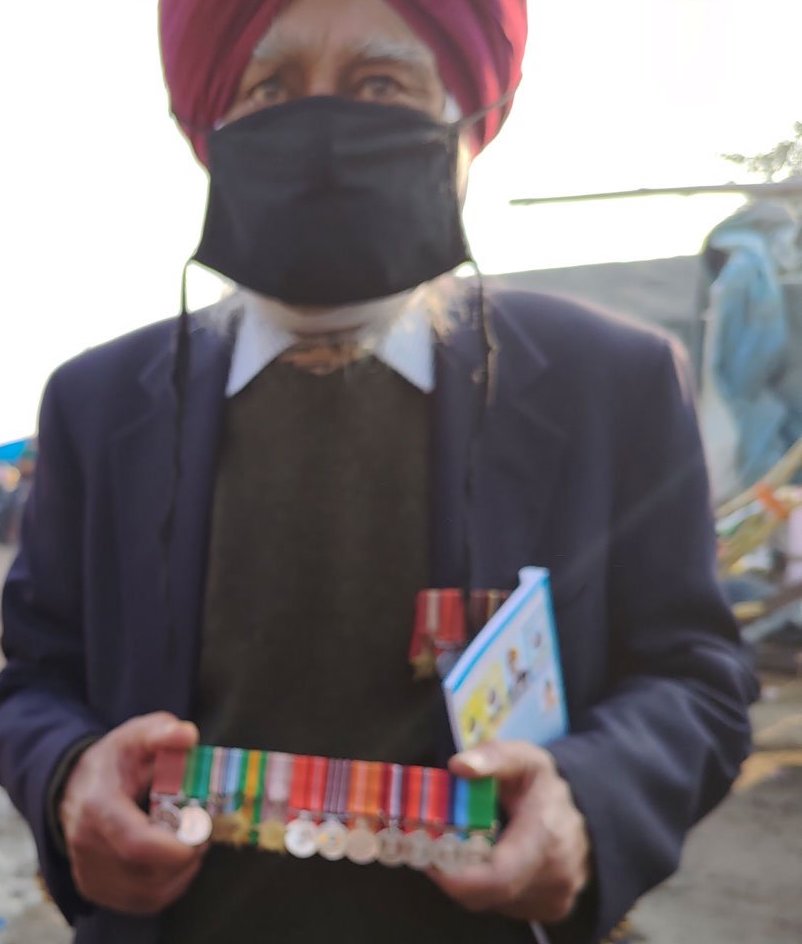
How to get URL link on X (Twitter) App


 2/8. In our decades-old ongoing agrarian crisis, lakhs of weddings in farming communities have collapsed. In one year, Maharashtra officially recorded more than 3 lakh families in just six districts with daughters whose marriages they could not afford. That was a factor in some farmer suicides – followed in some cases by the suicides of the daughters, feeling responsible for their fathers’ deaths. I doubt the countryside sees the BFIW as a national achievement. #ambaniwedding #psainath
2/8. In our decades-old ongoing agrarian crisis, lakhs of weddings in farming communities have collapsed. In one year, Maharashtra officially recorded more than 3 lakh families in just six districts with daughters whose marriages they could not afford. That was a factor in some farmer suicides – followed in some cases by the suicides of the daughters, feeling responsible for their fathers’ deaths. I doubt the countryside sees the BFIW as a national achievement. #ambaniwedding #psainath

 2/5. Truth: the seat has never been all that favourable to the BJP. In 1989, even as the mandir agitation raged, the Faizabad LS seat went to Mitrasen Yadav of the Communist Party of India (CPI). He faced more than one assassination attempt.
2/5. Truth: the seat has never been all that favourable to the BJP. In 1989, even as the mandir agitation raged, the Faizabad LS seat went to Mitrasen Yadav of the Communist Party of India (CPI). He faced more than one assassination attempt.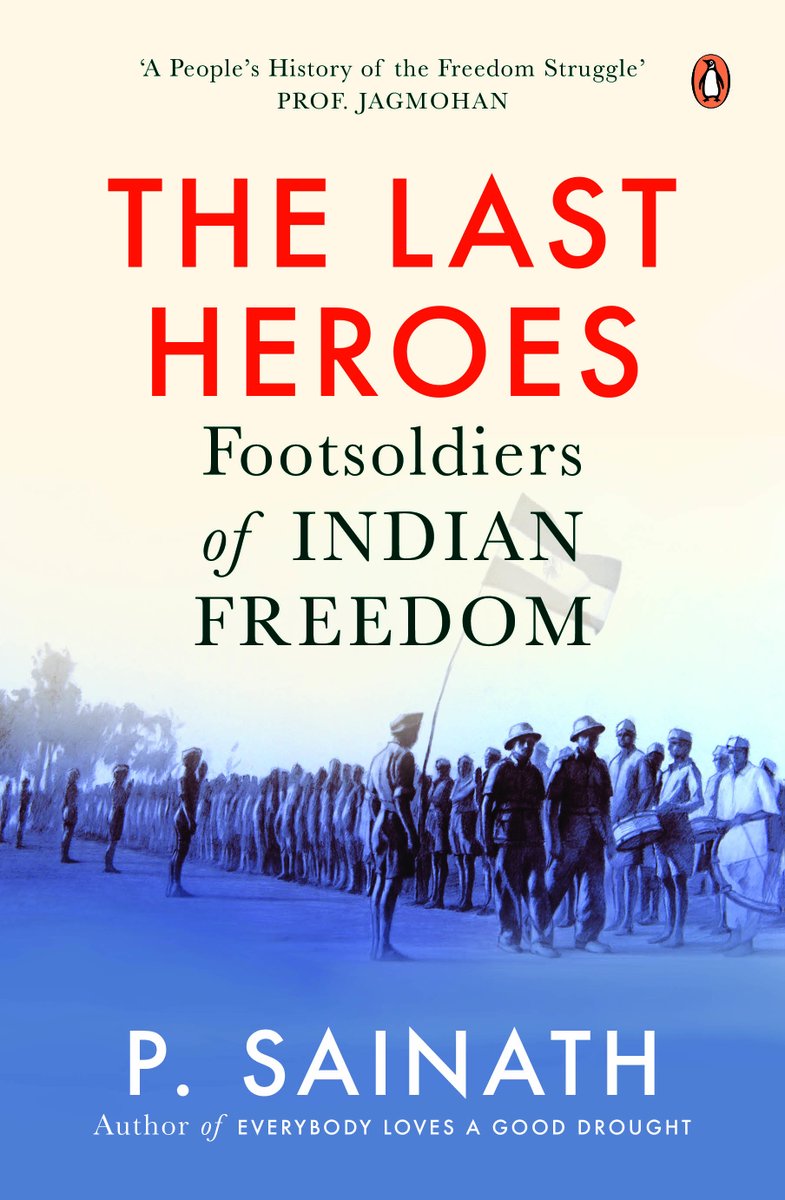
 2/8. In the next 5-6 years, there will not be a single person alive who fought for this country’s freedom. Our new generations will never get to meet, see, speak, or listen to India’s freedom fighters. Never directly learn who they were, what they fought for.
2/8. In the next 5-6 years, there will not be a single person alive who fought for this country’s freedom. Our new generations will never get to meet, see, speak, or listen to India’s freedom fighters. Never directly learn who they were, what they fought for.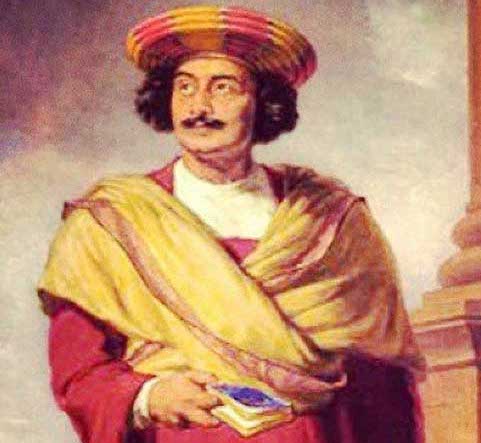
 2/15. He had of course launched the Bengali paper Sambad Kaumudi in November 1821, but it was not his name that appeared as publisher for a while. With Mirat ul Akhbar he explained his political and social views quite explicitly to an educated elite.
2/15. He had of course launched the Bengali paper Sambad Kaumudi in November 1821, but it was not his name that appeared as publisher for a while. With Mirat ul Akhbar he explained his political and social views quite explicitly to an educated elite.
 2/8. The money from the Raj payroll was spent on struggling farmers and workers in a year of great hunger. “It is unjust to say we looted anything,” he complained. “What the British had looted from us Indians, we brought a small part of that back to our people.”
2/8. The money from the Raj payroll was spent on struggling farmers and workers in a year of great hunger. “It is unjust to say we looted anything,” he complained. “What the British had looted from us Indians, we brought a small part of that back to our people.”

 2/8. The 5 semi-nomadic herders were going to Rabari settlements in Maharashtra and Chhattisgarh to deliver camels that communities there had ordered through kin in Kachchh. They’ve been doing this for decades without anyone accusing them of cruelty.
2/8. The 5 semi-nomadic herders were going to Rabari settlements in Maharashtra and Chhattisgarh to deliver camels that communities there had ordered through kin in Kachchh. They’ve been doing this for decades without anyone accusing them of cruelty.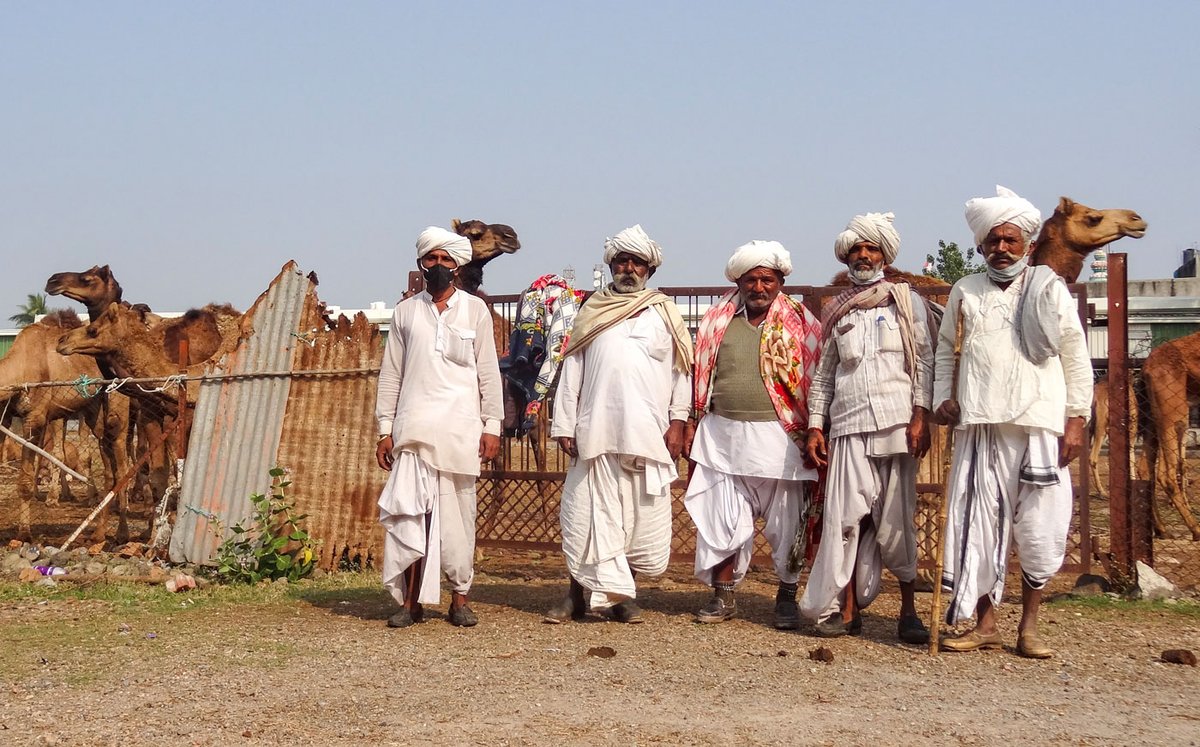

 2/7. For about 30 years, I had argued that the Indian media are politically free but imprisoned by profit. Today, they remain imprisoned by profit, but the few independent voices amongst them are increasingly politically imprisoned. Some under the UAPA.
2/7. For about 30 years, I had argued that the Indian media are politically free but imprisoned by profit. Today, they remain imprisoned by profit, but the few independent voices amongst them are increasingly politically imprisoned. Some under the UAPA.
 2/5. First day of last year’s lockdown, the media were declared an essential service. Good – as never had the Indian public needed journalism and journalists more. Stories needed to be told on which people’s lives and livelihoods depended. How did Big Media respond?
2/5. First day of last year’s lockdown, the media were declared an essential service. Good – as never had the Indian public needed journalism and journalists more. Stories needed to be told on which people’s lives and livelihoods depended. How did Big Media respond?
 2/7. Prime Minister Modi ‘apologises’ to the nation not for bringing in obnoxious anti-farmer laws but because, he says, he failed to persuade ‘a section of farmers despite best efforts’ to accept them. So which sections of farmers did he persuade?
2/7. Prime Minister Modi ‘apologises’ to the nation not for bringing in obnoxious anti-farmer laws but because, he says, he failed to persuade ‘a section of farmers despite best efforts’ to accept them. So which sections of farmers did he persuade?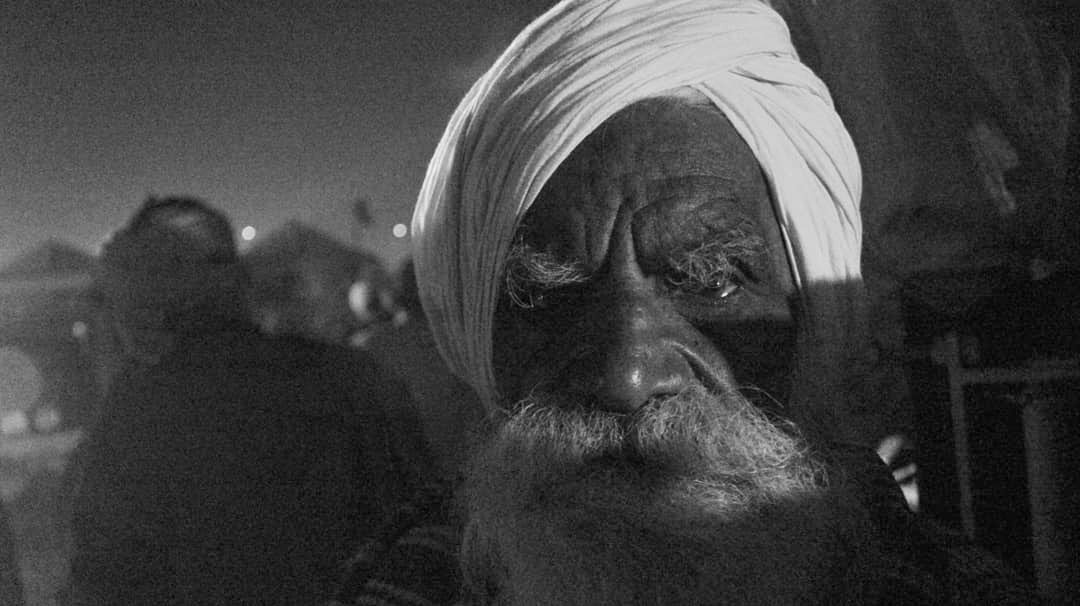

 2/4. All three times, the displacement of this Koraput village was for ‘development.’ Mukta Kadam was evicted the first time herding her five children through jungle on an angry monsoon night. The second time, she was thrown out with her grandchildren.
2/4. All three times, the displacement of this Koraput village was for ‘development.’ Mukta Kadam was evicted the first time herding her five children through jungle on an angry monsoon night. The second time, she was thrown out with her grandchildren.

 2/7. His reaction to being thrashed and thrown out of Government Elementary School, Samundra in Hoshiarpur, Punjab was: ‘Now I’m free to join the anti-British struggle.’ He did. By the time he was 16, the police were more scared of him than he was of them.
2/7. His reaction to being thrashed and thrown out of Government Elementary School, Samundra in Hoshiarpur, Punjab was: ‘Now I’m free to join the anti-British struggle.’ He did. By the time he was 16, the police were more scared of him than he was of them.

 2/7. The UP government says there is no proven connection between the holding of the elections and the deaths of these teachers who, as the Allahabad High Court noted, did not volunteer to render their services “but it was all made obligatory.”
2/7. The UP government says there is no proven connection between the holding of the elections and the deaths of these teachers who, as the Allahabad High Court noted, did not volunteer to render their services “but it was all made obligatory.”
 2/7. India’s 140 billionaires account for 0.000014 per cent of the population. But they hold wealth equivalent to 22.7 per cent of our Gross Domestic Product of $ 2.62 trillion, bringing that whole other meaning to the word 'Gross.'
2/7. India’s 140 billionaires account for 0.000014 per cent of the population. But they hold wealth equivalent to 22.7 per cent of our Gross Domestic Product of $ 2.62 trillion, bringing that whole other meaning to the word 'Gross.'
 2/6. Nurses working in Covid-19 wards do so at very high risk. Thousands have contracted the virus in India these past 11 months, and several have died – but data on healthcare worker deaths from Covid-19 are notoriously unreliable.
2/6. Nurses working in Covid-19 wards do so at very high risk. Thousands have contracted the virus in India these past 11 months, and several have died – but data on healthcare worker deaths from Covid-19 are notoriously unreliable.
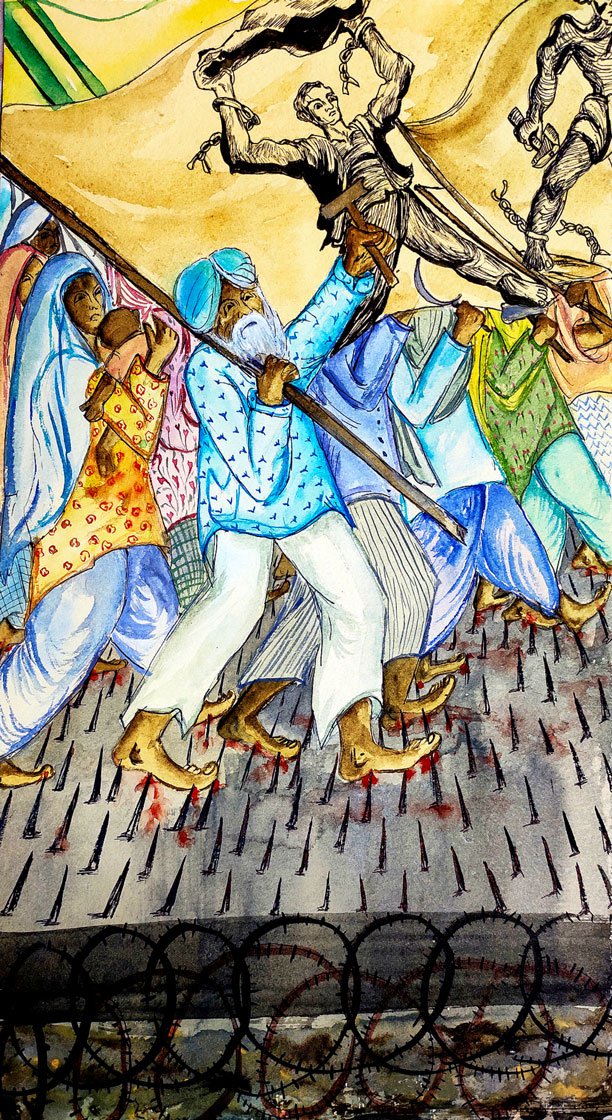
 2/6. In Haryana: Farm household avg. 5.9 persons. Avg. monthly income Rs.14,434 or Rs. 2,450 per capita. That’s income from ALL sources: cultivation, livestock, wages/ salaries, non-farm businesses. Gee! Such wealth. What a ball these folks must be having.
2/6. In Haryana: Farm household avg. 5.9 persons. Avg. monthly income Rs.14,434 or Rs. 2,450 per capita. That’s income from ALL sources: cultivation, livestock, wages/ salaries, non-farm businesses. Gee! Such wealth. What a ball these folks must be having.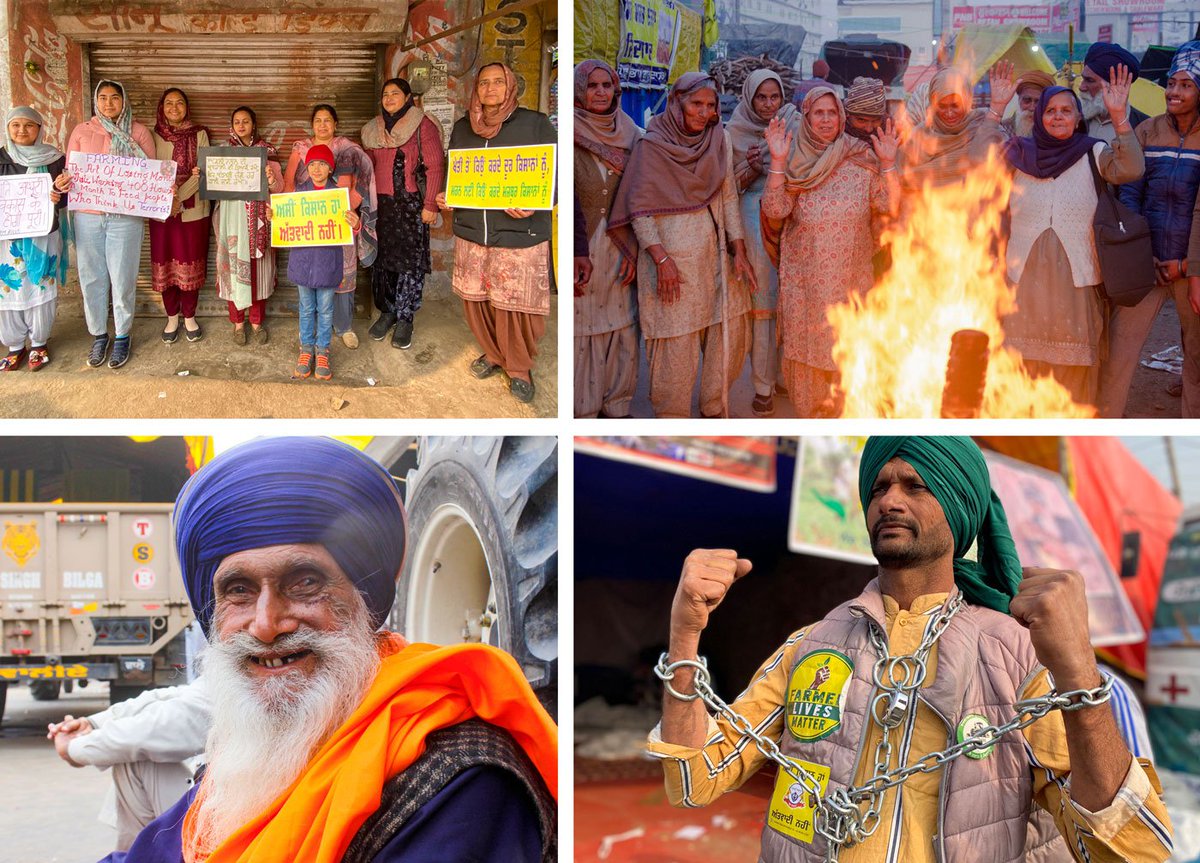
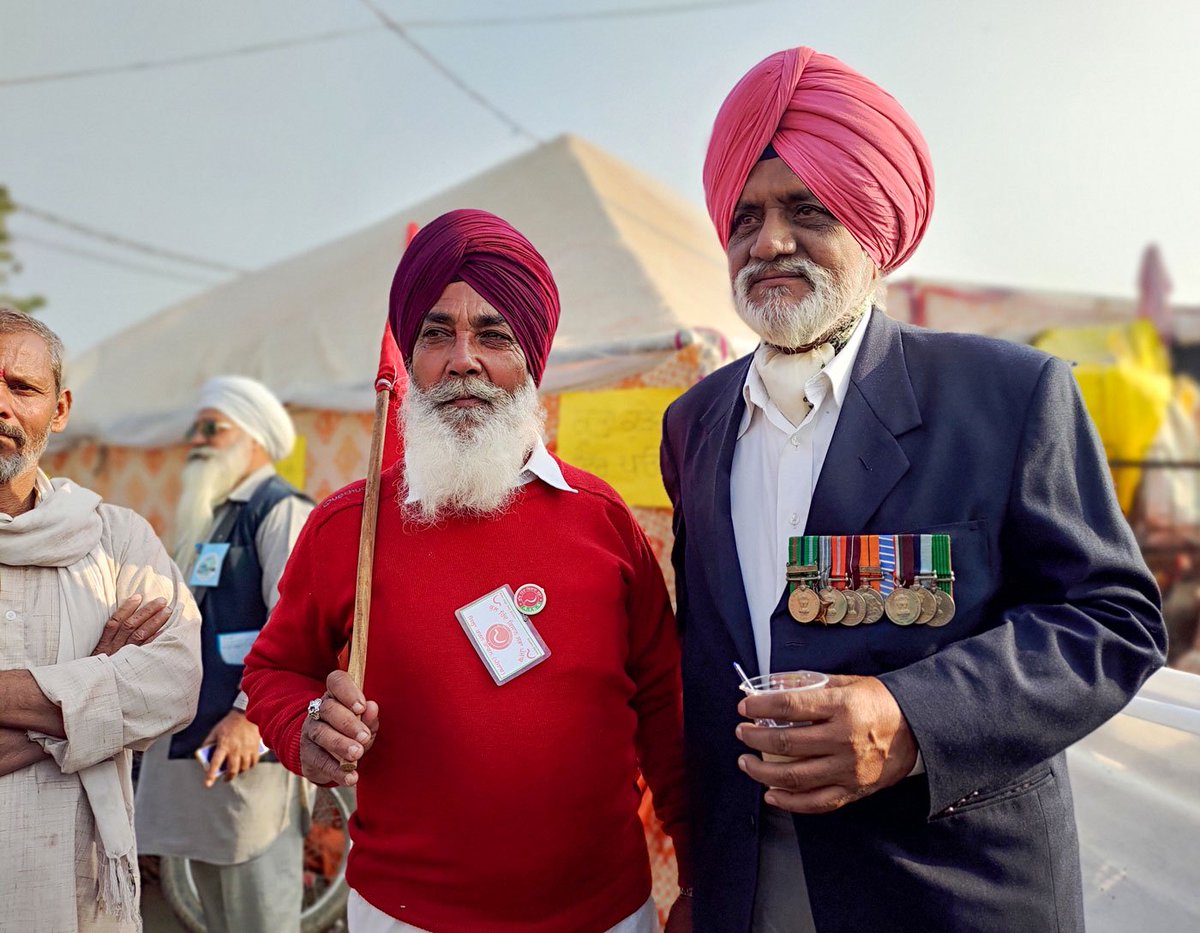
 2/5. “When we fought the wars, our parents were on the land, farming. Now our children are at the borders, and we do the farming,” says Colonel Jaswinder Singh Garcha (retd.), in his seventies.
2/5. “When we fought the wars, our parents were on the land, farming. Now our children are at the borders, and we do the farming,” says Colonel Jaswinder Singh Garcha (retd.), in his seventies.